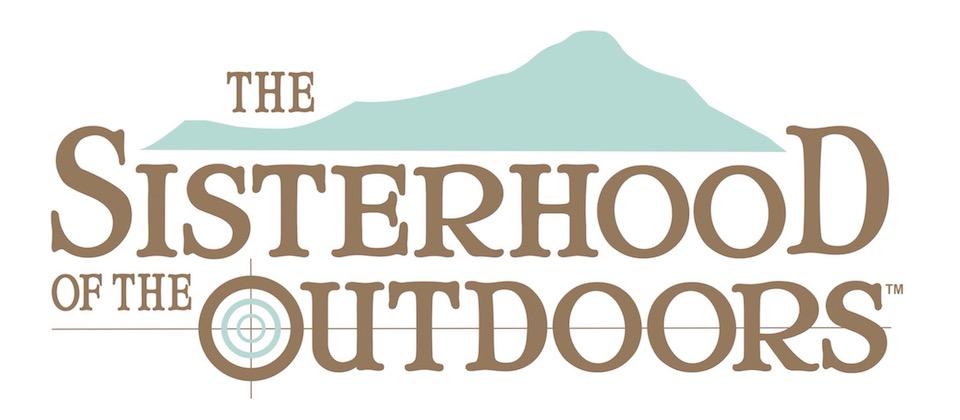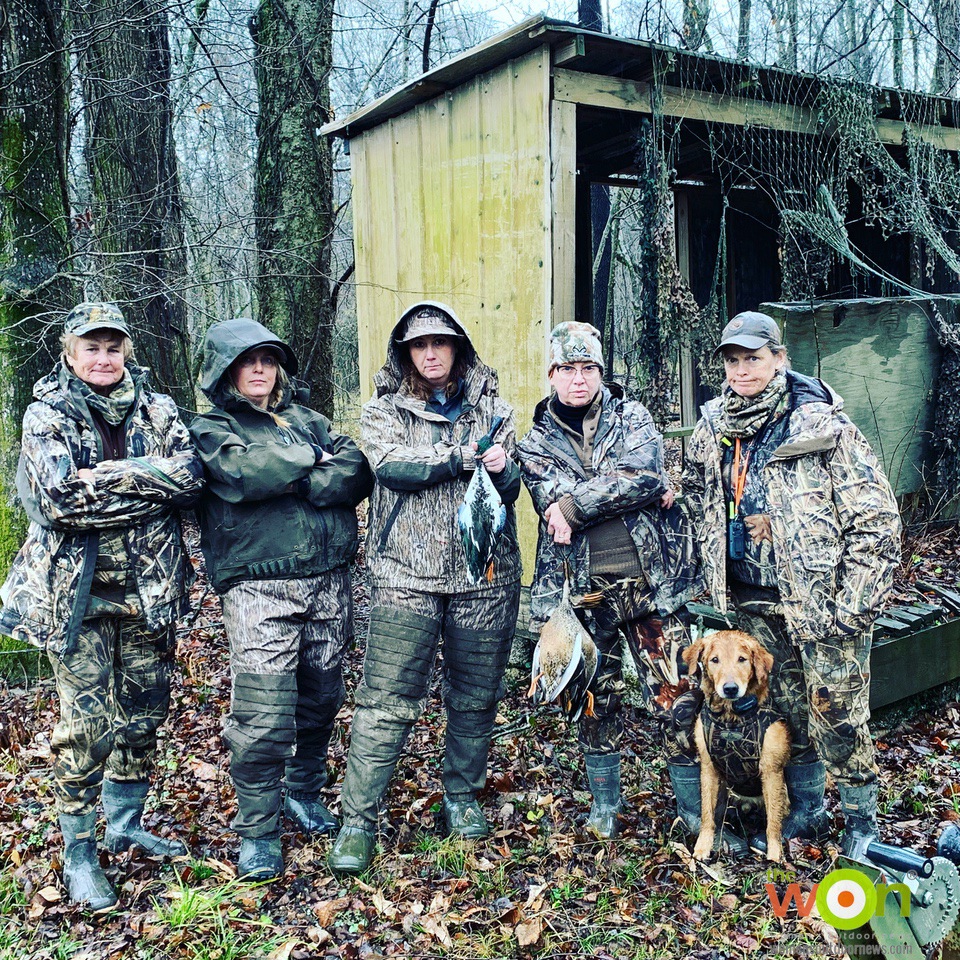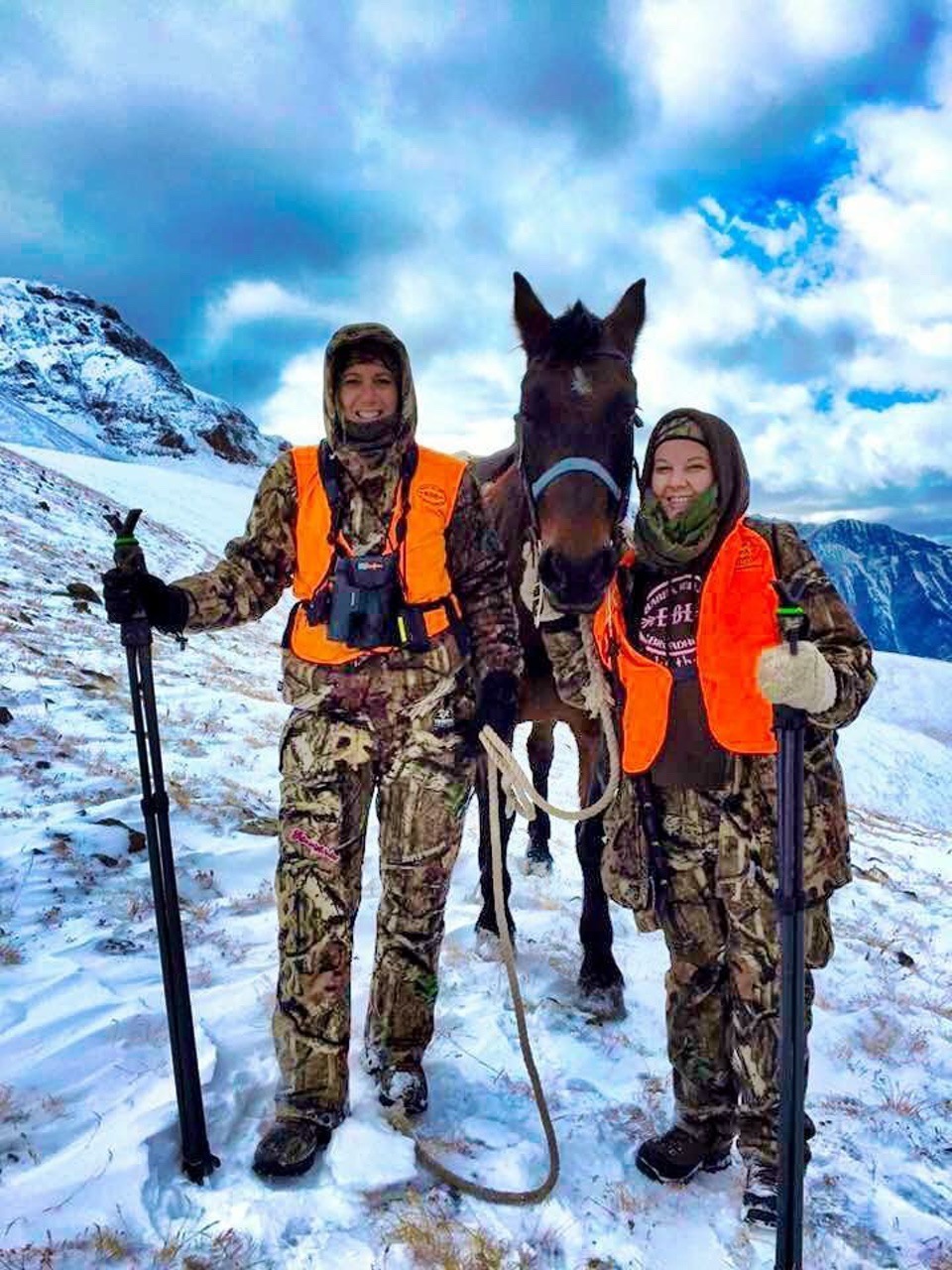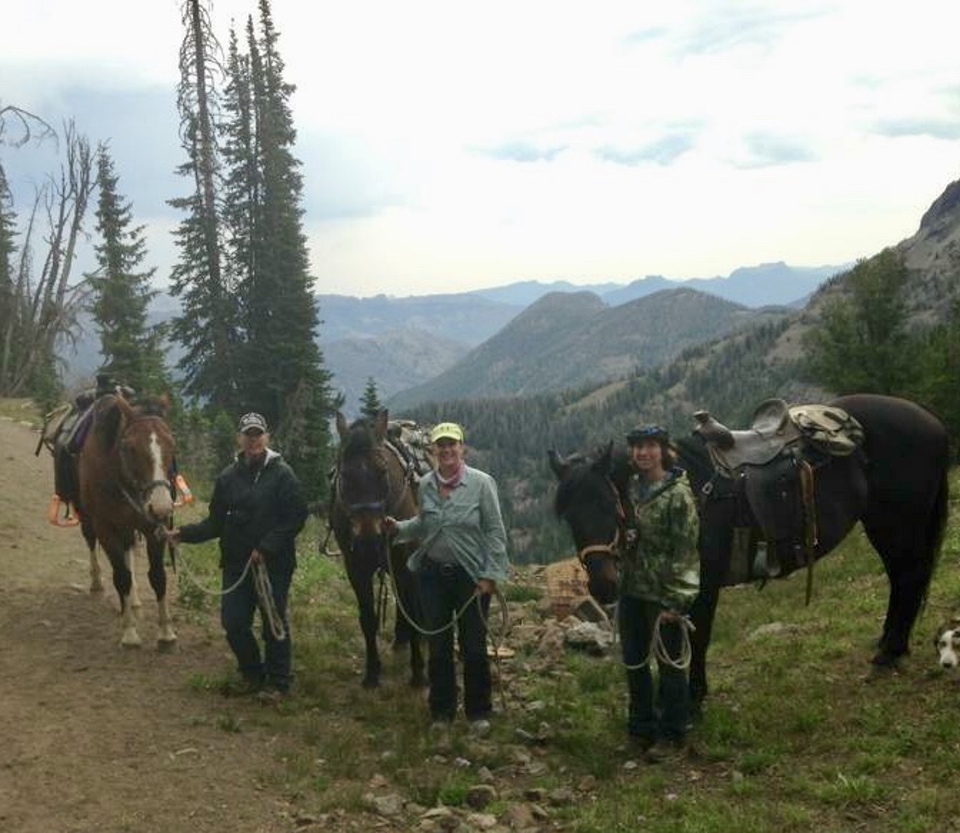As owner of Sisterhood Outdoors, I have a standard to uphold when it comes to safety. I don’t need to be an owner of an outdoors events company to do these things. I do it for myself and my family. No one ever wants to be getting a call about a loved one being in a shooting or hunting accident. The basic rules of gun safety and hunter safety are the standard for becoming hunter safety certified.

We all start there, and it is a great foundation to build upon. But, we need to build a better way to mentor others and hold ourselves to high standards when teaching. Through the years I have mentored thousands of women in all aspects of hunting and shooting. During this time, I have witnessed plenty of complacency and near misses. Even the most experienced hunters or shooters can experience lapses in safety, including me.
As a mentor I take the time to start from the beginning with safety. I think it is especially important to allot plenty of time for a safety brief before going afield. This is especially true with new hunters. The basic rules for various types of hunting can change depending on the type of hunting and further explanation may be required. For example, when we deer hunt, we stress the importance of walking with an unloaded firearm, how to climb up and down a ladder, get into a box stand or tree stand with a firearm. That seems simple, but very easy to forget when you are excited, scared or in a hurry to get up or down a stand.

As a mentor sitting in a stand alongside a new hunter, I take complete control over the firearm and ask to be sure it is not loaded to and from the stand. Sometimes new hunters don’t even grasp the rules and we take for granted the explanations because we understand them from lots of experience. An example is, when duck hunting and explaining the 20-degree rule to new hunters, use your arm, hold it out and swing it in the 20 degrees angles and explain that as the shot area for each shooter. There are so many scenarios when entering, hunting, and exiting a pit blind duck hunting, there are plenty of opportunities for incidents to happen. I will never forget entering a pit blind on a hunt only to see a shotgun sized blast hole in front of me from a previous incident.
As a mentor, I try to find ways to communicate that are addressing specific issues as a group without calling out an individual in a condescending way. It is more effective to be a safety coach than the safety police. If infractions occurred during the hunt, I like to sit and take the time to talk to individuals as a debrief. This way they know I care about them, and their safety is important to me. My goal is to make it personal because I care. I want my hunters and shooters to feel supported and unashamed of any mistakes they have made. All mistakes are learning opportunities.

It also helps to have clear rules and expectations before going afield. I start our hunts and shoots with a safety brief with details and specifics for the event. I also make it clear that I have no issue removing anyone unsafe from an event. And I explain that is not to be mean, it is to protect us all.
Some of the best hunters I know can tell you a time that they forgot a safety rule. We cannot be perfect all the time. We need to talk about those incidents and review what went wrong to imprint that incident on our brains.
Hosting events for hunting and shooting over the years I have seen firsthand plenty of near misses that required a break, safety talk and safety reset. Some of the most common mistakes have been the following: trigger control issues, firearm discharge before ready, exiting stands with loaded firearms, muzzle control, 20-degree rule in a duck blind and lack of proper safety harness. If that scares you as a mentor, it should!

I am so excited about the future for women in hunting and shooting sports. The growth is simply amazing. As we all work together to grow the sport, we must be safety ambassadors. We must always take the time to share basic safety rules.
Start with yourself and set an example for others. And most of all never assume someone understands the rules; talking in gun lingo, or hunting lingo we take for granted may leave someone unsure of the rules. I also would encourage all mentors to be confident enough to speak up and make safety corrections immediately. Do not be shy about safety.
And remember, there are two kinds of hunters – those that have fallen and those that are about to.
Learn more about The Sisterhood of the Outdoors, and find a hunt for this year or next.
Amy Ray is the owner of The Sisterhood Of The Outdoors, an organization that creates opportunities for women to hunt, shoot and fish. Amy is a pro-staff shooting instructor with Shoot Like A Girl. Amy is certified as an NRA pistol instructor and Refuse to Be A Victim instructor. As a member of the Freedom Hunters advisory board, she helps to expand hunting opportunities for servicewomen, Gold Star wives and daughters of fallen heroes. She also is an avid hunter and shooter and loves mentoring others in the outdoors. View all posts by Amy Ray